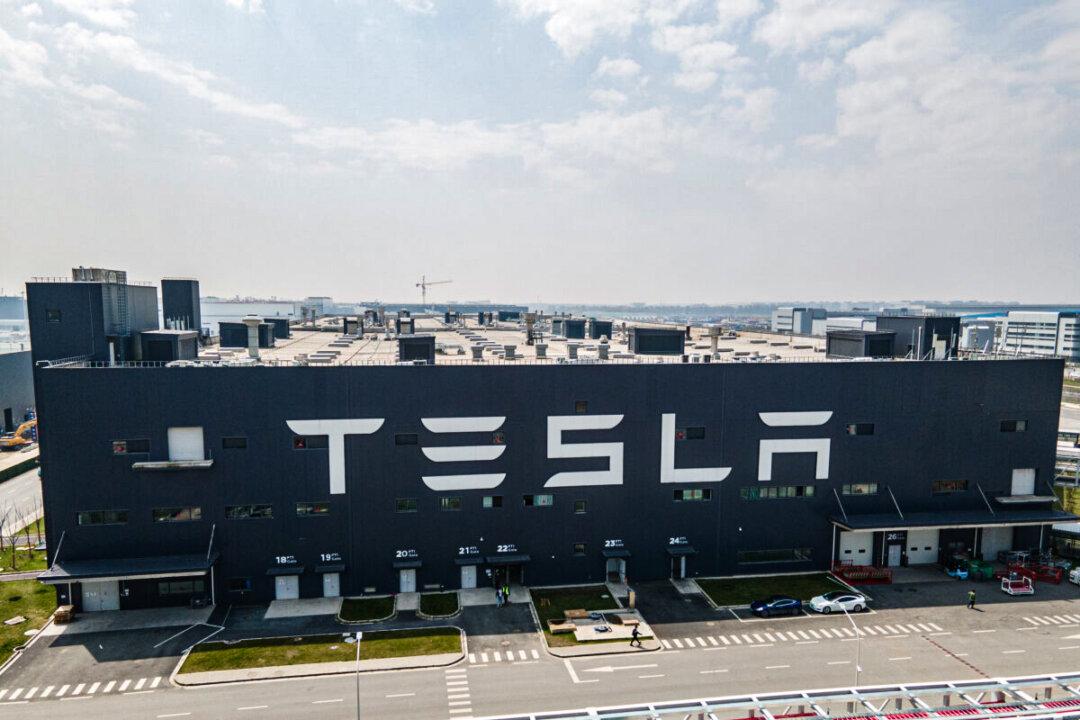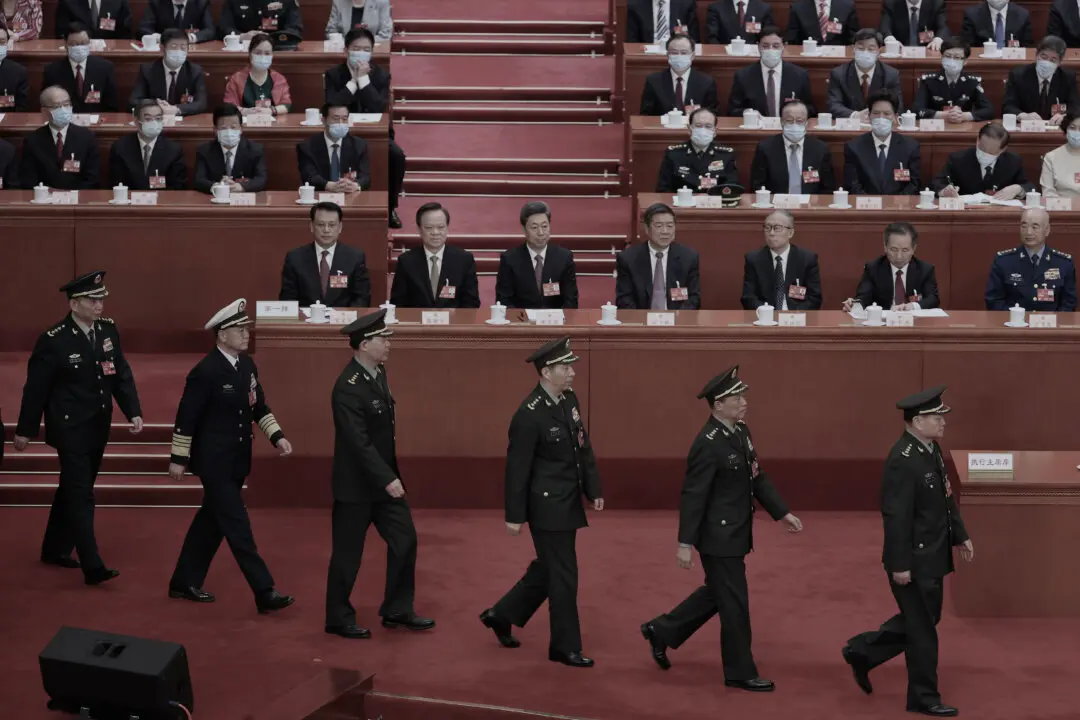The Chinese communist regime’s mass lockdowns and extreme COVID-19 control measures have severely affected China’s automobile industry and global supply chain. The Tesla Shanghai factory’s exports in April dropped to zero. An expert believes the situation won’t improve until June.
The China Association of Automobile Manufacturers published its April automobile production and sales data on May 11. Affected by the new outbreaks of COVID-19 and pandemic control measures, China’s auto production and sales in April were 1.205 million units and 1.181 million units respectively, down 46.2 percent and 47.1 percent from March, and 46.1 percent and 47.6 percent from the same period last year (year-on-year).




